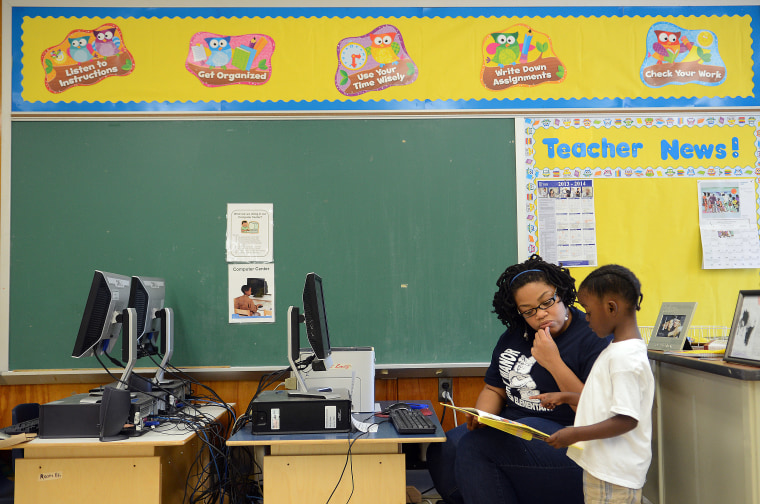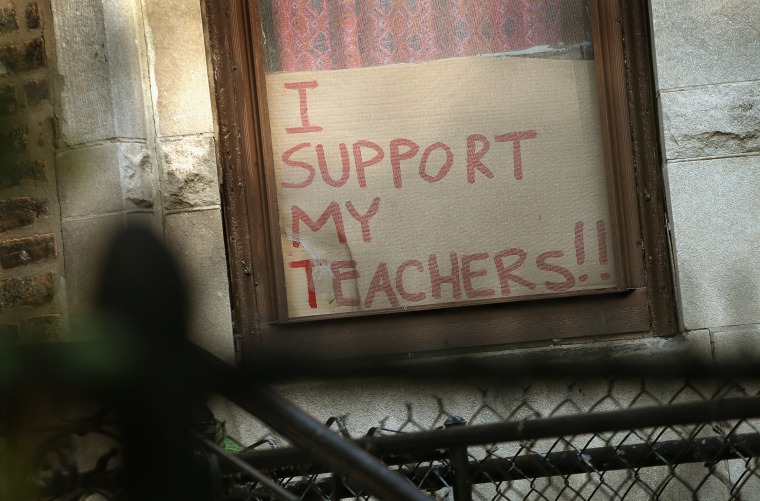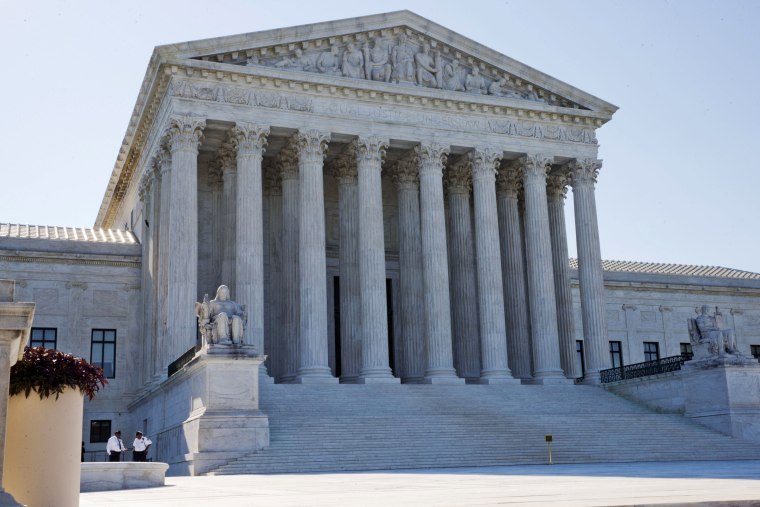It goes without saying that education and economics go hand in hand.
For most parents, regardless of race or class, part of the American dream is for our children to attend safe, family friendly, high-quality schools with great principals, teachers and support staff. As parents, we imagine that special day when our children graduate high school, attend a traditional college or trade school, and then obtain livable wage employment, hopefully with family friendly benefits.
The harsh reality, however, is that many parents, especially from Black and poor communities, must send their children to public schools that do not meet their academic and life needs. In addition, parents are learning that the many teachers who work tirelessly to put the needs of children first, don’t have much power within their own unions to effectively support students. Why? I learned, through the suit of Friedrichs v. California Teachers Association, that many teachers are beholden to a narrow electorate of union politicians that shape education policy to favor the political agendas of union leadership, rather than the students in greatest need. All of this, at the expense of the taxpayer, regardless of results.
So what is the suit of Friedrichs v. California Teachers Association and what do parents need to know?
On January 11, 2016, the U.S. Supreme Court will hear a case brought by Mrs. Rebecca Friedrichs and nine other California teachers who are not members of the teacher’s union, but are required to pay agency fees to the union, say that they do not benefit from the collective bargaining agreement and that collective bargaining is political because it includes workplace rules and requirements that prevent laws from being passed that would improve under-performing and under-served schools.

Teachers like Rebecca Friedrichs share in our dreams as parents, for safe, high-quality schools that equitably educate all children, regardless of their zip-code and they encourage their colleagues to deliver the best possible teaching to all children, regardless of their family backgrounds.
For a long time, I thought parents of color and the poor were alone in our fight for a just and fair educational system. For me, the suit brought by Friedrichs and her nine other colleagues brings awareness of the consequences of forced compulsory laws.
While compulsory laws may have had good intentions decades ago, laws that force parents and teachers to do what is against their interests and those of children are wrong. It is unconstitutional, unethical, and wrong to force parents to send their kids to unsafe and low performing schools. It is unconstitutional, unethical, and wrong to force teachers to pay for other people’s political campaigns and agendas. Neither parents nor teachers should be forced to do what is morally wrong.
This case should matter to parents because many of the equitable changes we, as parents and community members, are tirelessly fighting for everyday that would improve schools in disenfranchised and marginalized communities are prevented by union collective bargaining agreements. If unions were no longer able to force every teacher—even teachers who disagree with those policies—to fund the collective bargaining, we would have a better chance at adopting reforms that are fair to effective teachers and meet the needs of students.

Instead of supporting investment in quality teachers and the schools most in need, union collective bargaining agreements prevent justice for students most in need of meaningful review of teacher performance, demand assignment and retention of teachers based on seniority rather than effectiveness and need, and insist that teachers be compensated without regard to what, where, or how well they teach.
Friedrichs v. California Teachers Union raises important questions: How can it be legal to force someone, in this case a teacher, to pay for someone else’s political agenda? How can forced compulsory dues laws be consistent with the First Amendment guarantees of free speech? Do the Constitutional rights of the individual matter?
Bottom line, the Constitution should not stop at the school house door.
As a Black parent, living in the age of Sandra Bland, Trayvon Martin, Michael Brown, Tamir Rice, Eric Garner, Freddie Gray and the many unarmed Black people that needlessly lost their lives in 2015, what I want and need more than anything is for the Constitution to matter for all citizens. Children and families need our government to enforce the Fourteenth Amendment to the United States Constitution, which guarantees the equal protection of the laws and due process for all.
For me, I empathize with Mrs. Rebecca Friedrichs, because she was compelled to send her dues to an education bureaucracy with which she did not agree, just as I and many other parents have been compelled by law to send our own children to schools that we do not trust. Her compulsory dues, like my children’s compulsory attendance, are part of a system designed to protect the economic interests of a white professional class at the expense of the freedom and equality for black, Hispanic, and Native American students.
Parents want the freedom to demand high quality educational opportunities for our children, and teachers like Mrs. Friedrichs agree with us, but she is forced by these laws to fund anti-parent choice, anti-accountability lobbying that is fundamentally unjust.
The research is clear: a quality education is the foundation needed to help ensure families and communities obtain careers that will lead to fulfilling, equitable lives. Parents like me are grateful for teachers like Friedrichs.
Their fight is not only constitutionally just, it is also necessary for our public education bureaucracy to work the way it should, on behalf of children. The oral argument for this case is set for January 11 and as a parent I plan on being in Washington DC to fight for the educational, civil, and constitutional rights of children and teachers.
Gwen Samuel is a mom and the founder and president of the Connecticut Parents Union. A parent of two children in Connecticut Public Schools, she also is the founder of two volunteer organizations in Connecticut—State of Black CT Alliance and Meriden Kids Walk Safe Coalition: A Safe Routes to School Initiative.
